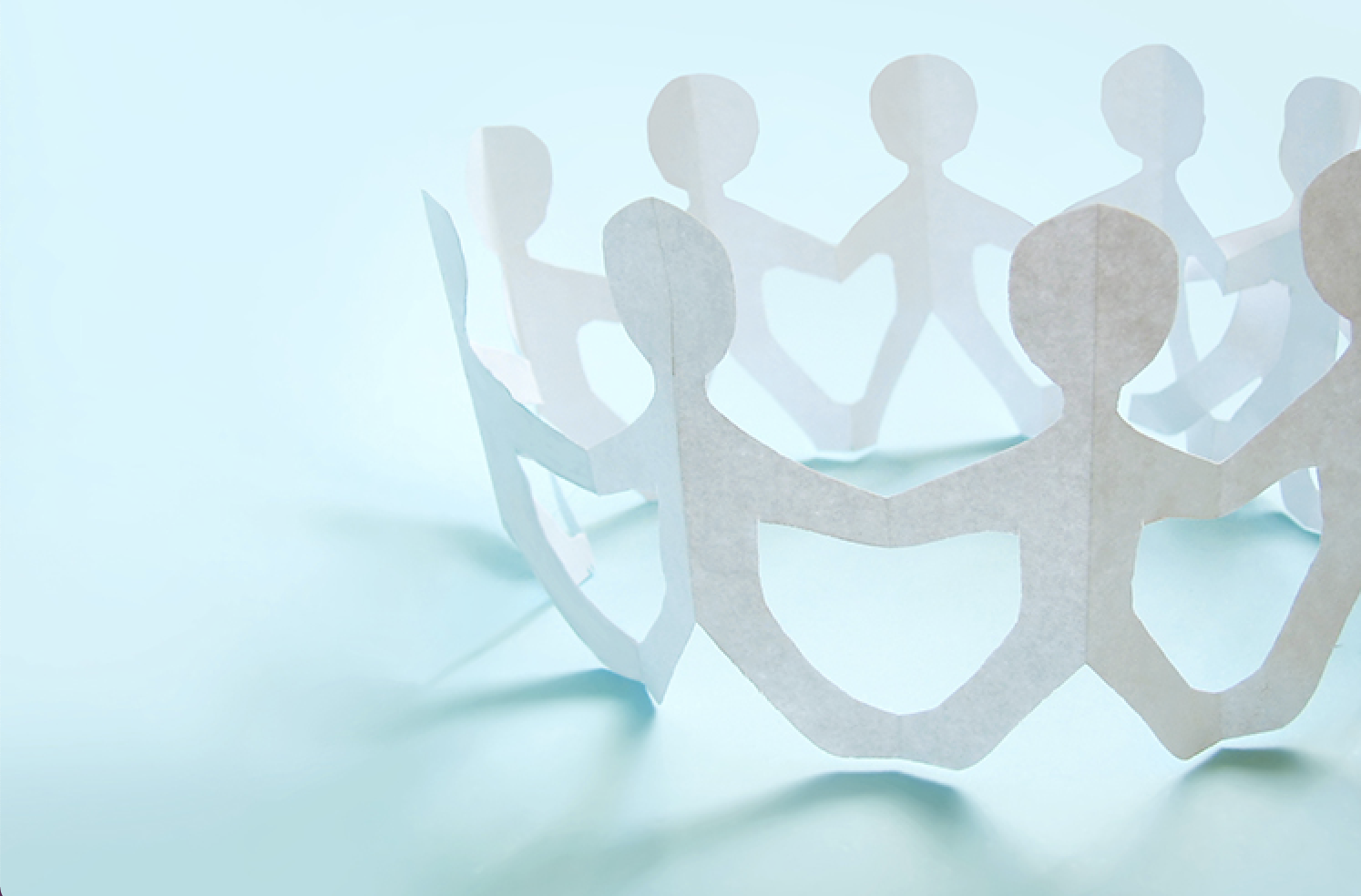By Lisa Frederick, quality assurance manager, Australia
After an extended battle with COVID-19 and the ensuing lockdown, Australia is slowly beginning to lessen border restrictions and reopen its economy.
A federal roadmap led the way — supported by an underlying framework created by the states and territories with rules equal to or more restrictive than the federal guidelines based on local conditions. The intended health and economic impacts of the road map are significant.
Australia has not seen the number of COVID cases reported in the northern hemisphere, partly due to its geographical isolation. However, the continent — which is home to more than 25 million people — has certainly seen its challenges over the past couple of years. The impact of COVID has been magnified as the country weathered bushfires, earthquakes, flooding and other powerful storms and weather-related events during this same timeframe.
Through it all, communities have shown strength and resilience, including those in the claims and loss adjusting industry. These professionals have witnessed the impact of catastrophic and everyday loss up close, yet they continue to show courage and determination in helping impacted families, communities and businesses rebuild and restore their operations and way of life.
The quarantine and border restrictions across the various states and territories of Australia pose additional challenges for loss adjusters. While digital options are used when appropriate, in more complex cases or vulnerable customers, individuals need to be onsite to assess damages and recovery options. To enable cross-border support for these customers, a matrix of travel restrictions must be considered to ensure that the loss adjuster does not need to endure two weeks in isolation upon arrival to their assignment and again once they return to their home state. This challenge has been particularly prevalent in CAT response planning.
When a loss adjuster arrives to a site with large areas of loss and community trauma, they are often coming in behind the first responders, when the adrenaline has dissipated and the grief of loss begins. The comradery and social networking needed to debrief the day is challenged by social distancing and isolation requirements. In considering the well-being of our field force, we had to develop creative solutions to ensure our colleagues are cared for whilst caring for the community. And to continue to evolve despite the unique circumstances, we have reaffirmed our commitment to what matters to clients and their customers.
Strong customer service
High-level technical expertise is equally as important to ensuring a quality customer service experience. That’s why we have taken a proactive and behavioral-based training approach to equipping our colleagues with the skills to recognise and appropriately respond to the needs of the individual or organisation. This requires a stronger focus on emotional intelligence — and an emphasis on our core values — throughout the loss adjusting process.
Effective communication
Establishing initial expectations and communicating every step of the claims process helps guide the customer through an already overwhelming experience. This requires a focus on active listening and open dialogue. To promote this idea, Sedgwick’s customer care manager schedules virtual tea with customers who need extra support in their journey — uncovering particular needs and solutions that might have otherwise been overlooked.
Advanced technology
Digital solutions can help complete or advance the loss adjusting process in many instances. This offers a greater degree of safety and less exposure to COVID. Technology solutions used may include the use of 3D renderings and dollhouse productions in property loss assessments. Our preferred platform enables a digital walk through of a property for a detailed view of the damage and internal and external structural measurements. This works well for rapid scoping, which in turn can be utilized by our partners for timely and efficient quoting. These technology solutions promote a higher degree of engagement with the loss adjusters to reaffirm comfort level with the process without losing the customer focus.
Innovation
The challenges around COVID have arguably forced a new look and approach to many routine protocols and processes. Often, that means improved results and experiences for our clients. For example, our experts now take an in-depth look at the skill sets needed for a particular loss and compares this to the loss adjusters’ location and ability to travel. Additionally, the pandemic provided the opportunity to showcase the value of a loss adjusting career and the chance to perform meaningful work that can impact countless lives.
The COVID-19 pandemic and events arising over the past few years have created many challenges and disrupted personal and professional lives. Remarkably, an untapped strength and resiliency have emerged among the Australian people and throughout the claims industry. Rest assured, we are well-equipped for what lies ahead and the events that surface.

